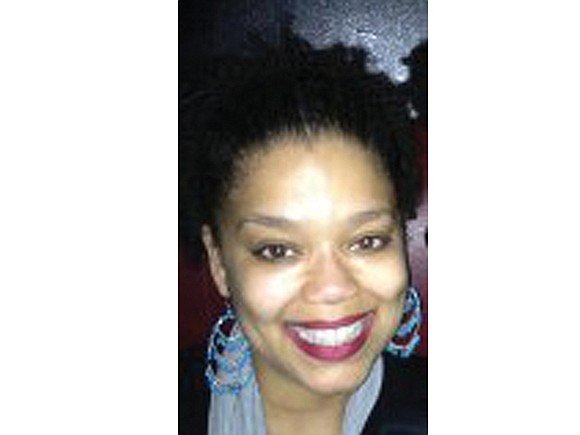Resources available to reduce stress, violence
10/31/2016, 10:18 a.m.
Kimya N. Dennis
Increased attention has been on African-Americans who experience violence in the household, neighborhood or overall society. Negative life experiences, such as violent households and violent communities, can have a mental and physical cost.
People living in violent environments often fear for their physical and mental safety. This fear can lead to loneliness. It also can lead to anger and aggression, which can be expressed outwardly in the form of violence toward others and inwardly in the form of self-harm.
We need healthy environments and healthy ways to handle feelings of loneliness, anger and aggression.
Unfortunately, African-Americans are overrepresented in violent environments, with violence a common theme for the leading causes of death for African-American men and women.
Examples: Homicide is the leading cause of death for African-American men ages 15 to 34. For African-American women ages 15 to 34, unintentional injuries are the leading cause of death, followed by homicide as the second leading cause of death. For African-American women ages 25 to 34, homicide is the fourth leading cause of death.
It is important to reduce violence and to increase healthy responses to violence. This also can reduce feelings of loneliness, anger and aggression, and help black mental and physical health.
Unfortunately, many African-Americans find it difficult to seek help from community organizations and mental health professionals. While many African-Americans are taught to overlook these mental and physical health issues, unequal access to well-funded organizations and mental health services also hampers people from getting help.
Thankfully, over the years, more organizations have discussed black emotional stress that impacts mental health and physical health. Programs have been created to help African-American communities and others in dealing with violence.
Examples of organizations and programs:
• Baltimore Pastor Andre Humphrey operates the Baltimore Trauma Response Team, a non-profit organization that reaches people traumatized by violence in Baltimore.
• The Substance Abuse and Mental Health Services Administration, a branch of the U.S. Department of Health and Human Services, has several resources, including:
• “Coping with Grief after Community Violence: Tips for Survivors,” which can be printed and copies ordered at http://store.samhsa.gov/product/Coping-With-Grief-After-Community-Violence/SMA14-4888
• A Disaster Distress Helpline, which helps people dealing with mass violence. Call (800) 985-5990 or text TalkWithUs to 66746 to connect with a trained crisis counselor.
• A Disaster Technical Assistance Center helps state and local governments reach out to people who have experienced mass violence by calling (800) 308-3515 or emailing dtac@samhsa.hhs.gov.
These resources can help people throughout Virginia, Washington, Maryland and other states.
Organizations also need our support — by using their resources, attending their events and calling their hotlines if you need help, and by donating time and money.
We are a strong people. Let’s show our strength by being honest about our emotions and seeking help.
Let’s continue to take charge of our communities. Let’s continue to find ways to help ourselves and each other.
The writer, a Richmond native, is a sociologist and criminologist.







